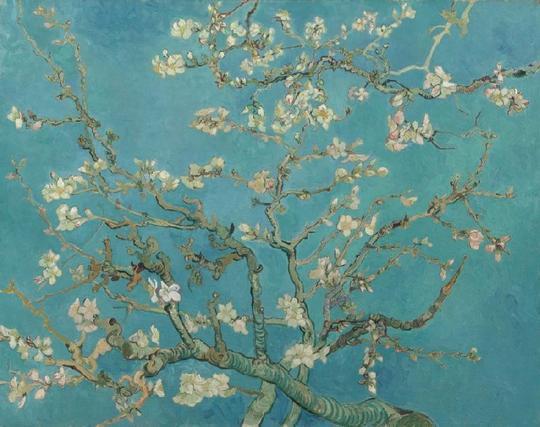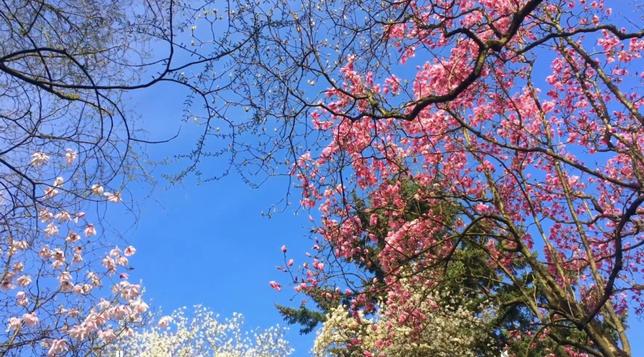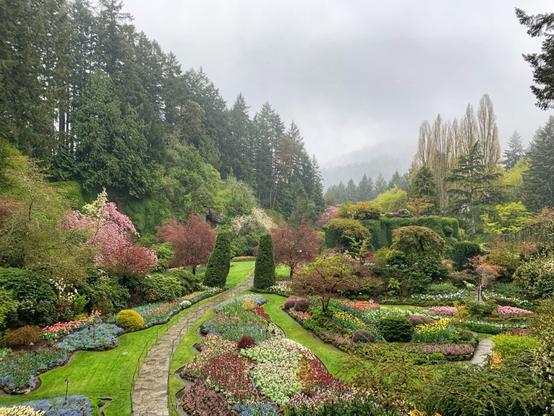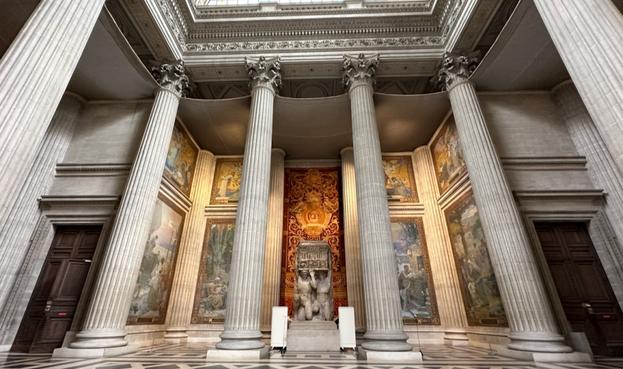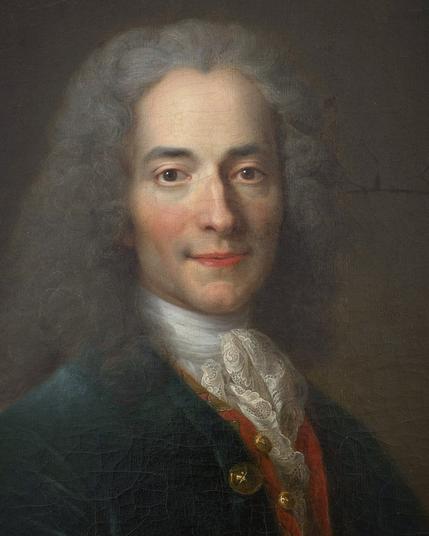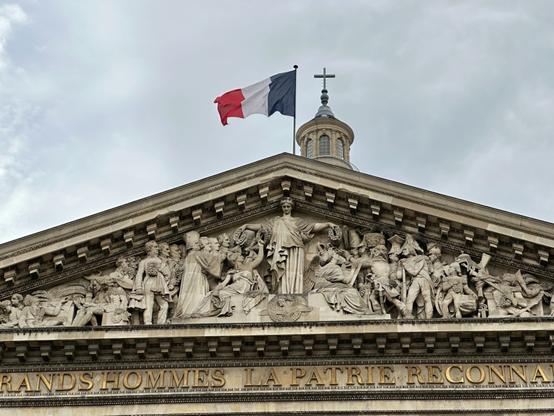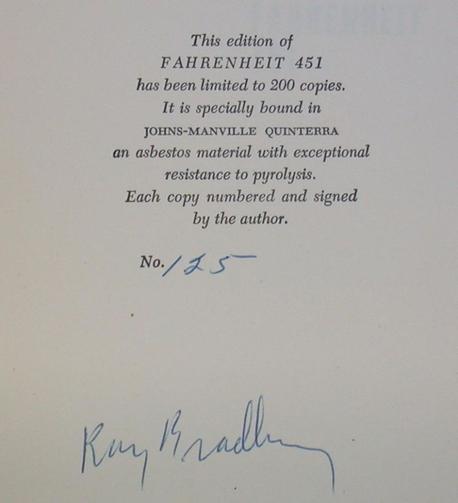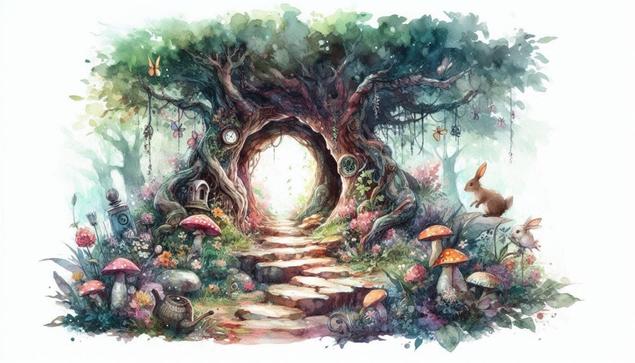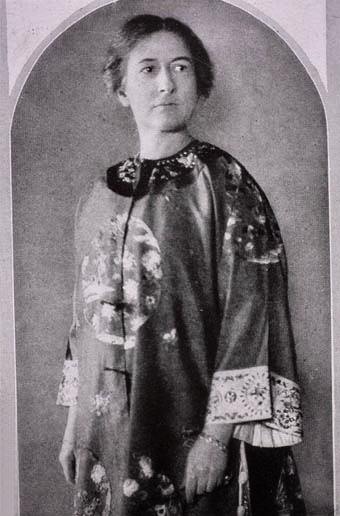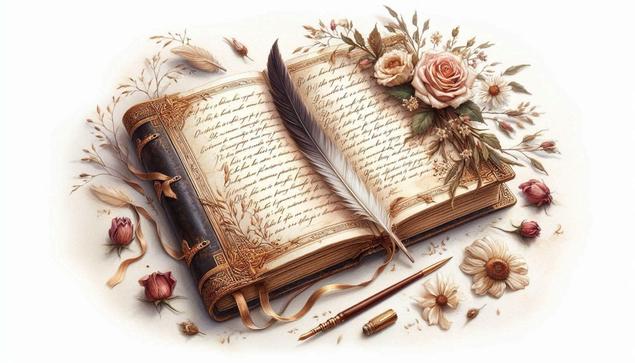“Benediction” by Georgia Douglas Johnson
There are moments in life when we are called to let go — not out of indifference, but out of deep, abiding love. Georgia Douglas Johnson’s Benediction captures such a moment with tenderness and strength. It is the voice of an elder, perhaps a parent or mentor, sending their beloved into the world with a heart full of hope and release.
When I first read this poem, I felt a sense of destiny — not just for the speaker’s son, but for my own. We want the best for our children. We dream for them, pray for them, and carry them with our whole hearts. And yet, there comes a time when we must let them go. We send them forward, knowing that they are stepping into parts of life we may never see.
This is the quiet ache and the deep joy of parenthood: to be the wind beneath their wings, even as we step back and watch them rise.
Here is the poem that stirred these reflections:
⸻
✨ Benediction
by George Douglas Johnson
Go forth, my son,
Winged by my heart’s desire!
Great reaches, yet unknown,
Await
For your possession.
I may not, if I would,
Retrace the way with you,
My pilgrimage is through,
But life is calling you!
Fare high and far, my son,
A new day has begun,
Thy star-ways must be won!
⸻
There is so much contained in these few lines — not just farewell, but benediction in the truest sense: a spoken blessing, a sacred parting. Georgia’s speaker recognizes that their own journey is complete, but does not meet it with regret. Instead, there is joy, trust, and belief in the future the young will claim.
🌿 Legacy, Light, and the Harlem Renaissance
Georgia Douglas Johnson’s “Benediction” belongs to the cultural and literary movement of the Harlem Renaissance — a time when Black poets, artists, and thinkers brought forth a powerful creative surge that reshaped American arts and letters. It was a renaissance of voices long silenced, expressing pain, pride, resilience, and joy.
This poem, though intimate in tone, echoes a collective history. It feels like a passing of the torch — from one generation that has endured much to another with boundless possibility. In this way, Benediction speaks to all of us, especially today, as we reckon with legacy and responsibility, past and future.
Georgia’s words remind us that every journey is made possible by those who came before — and that blessings given in love can become the wings that carry us forward.
Thank you for sharing this special moment with me in my reading room.
Rebecca
“Benediction” by Georgia Douglas Johnson – Rebecca's Reading Room
#Benediction #GeorgiaDouglasJohnson #HarlemRenaissance #PoetryInTheEvening #PoetrySalon #RebeccaSReadingRoom




